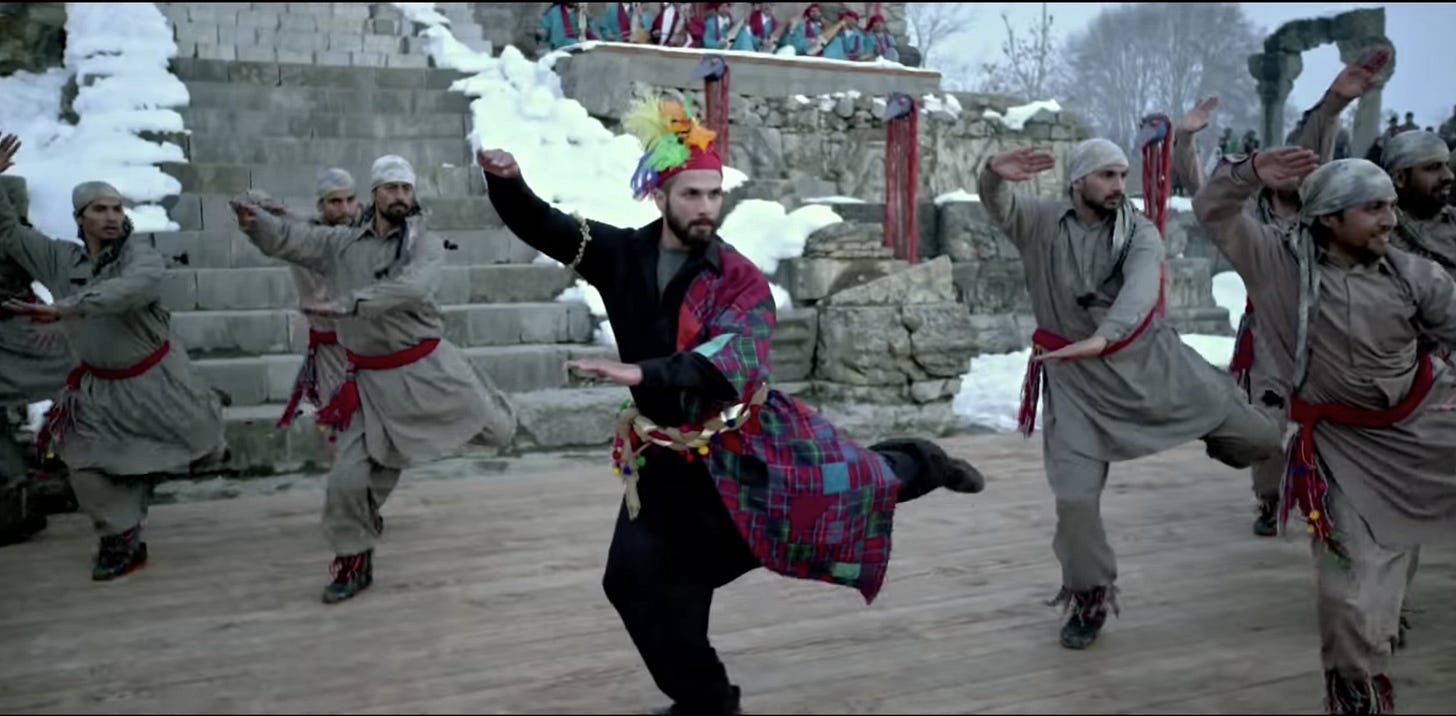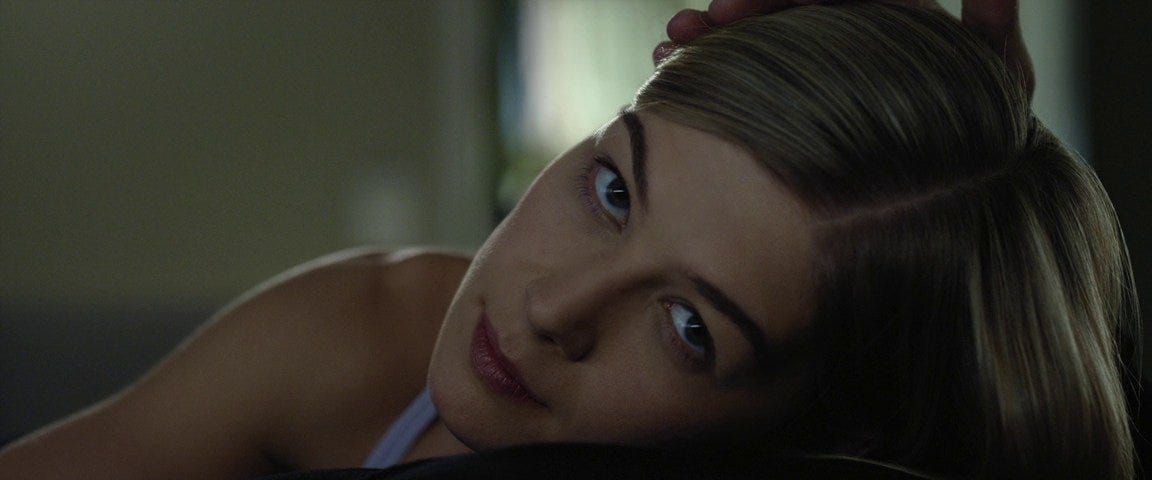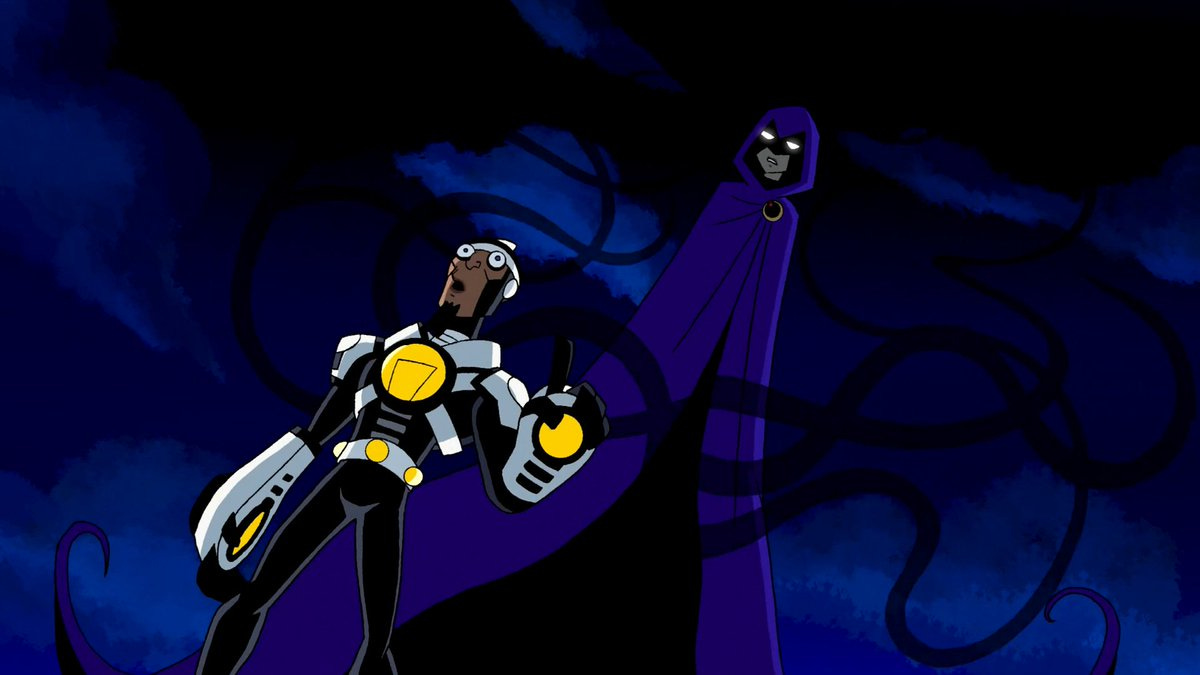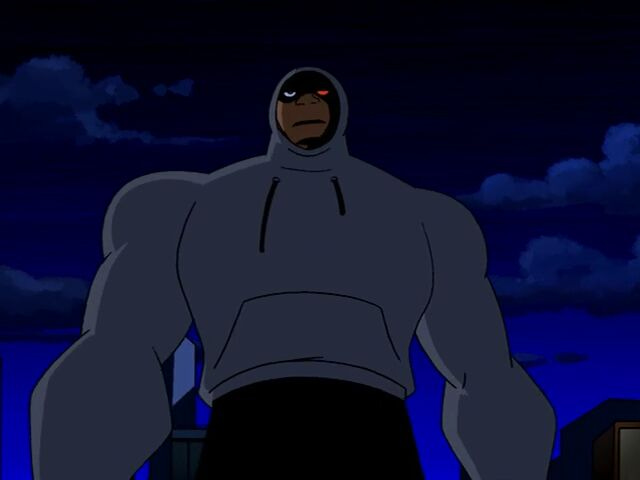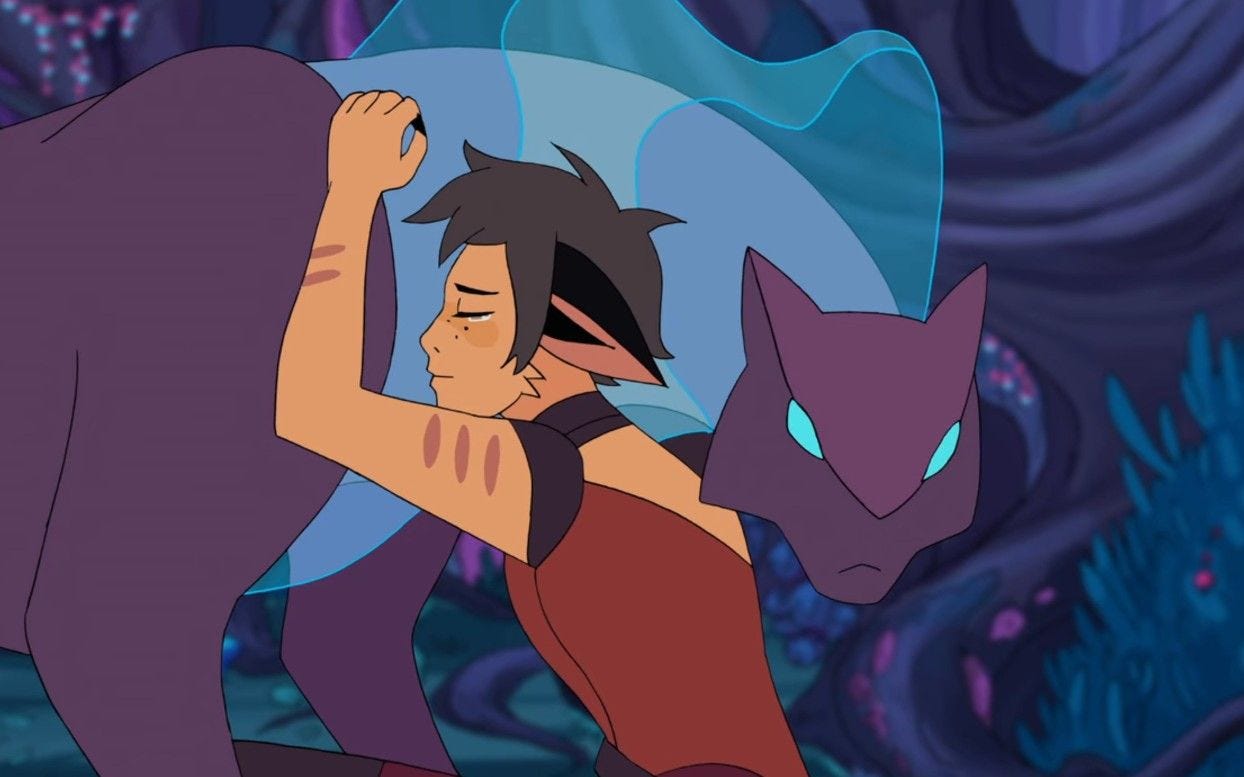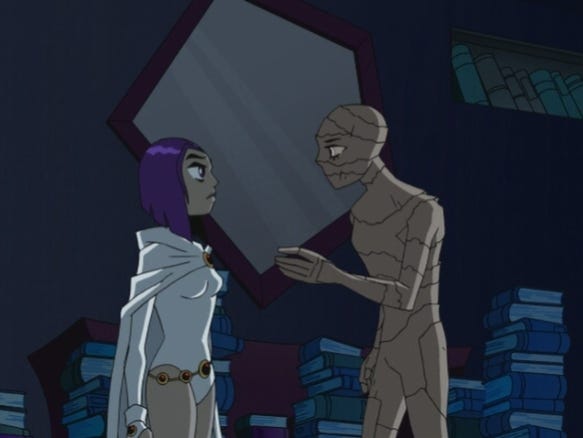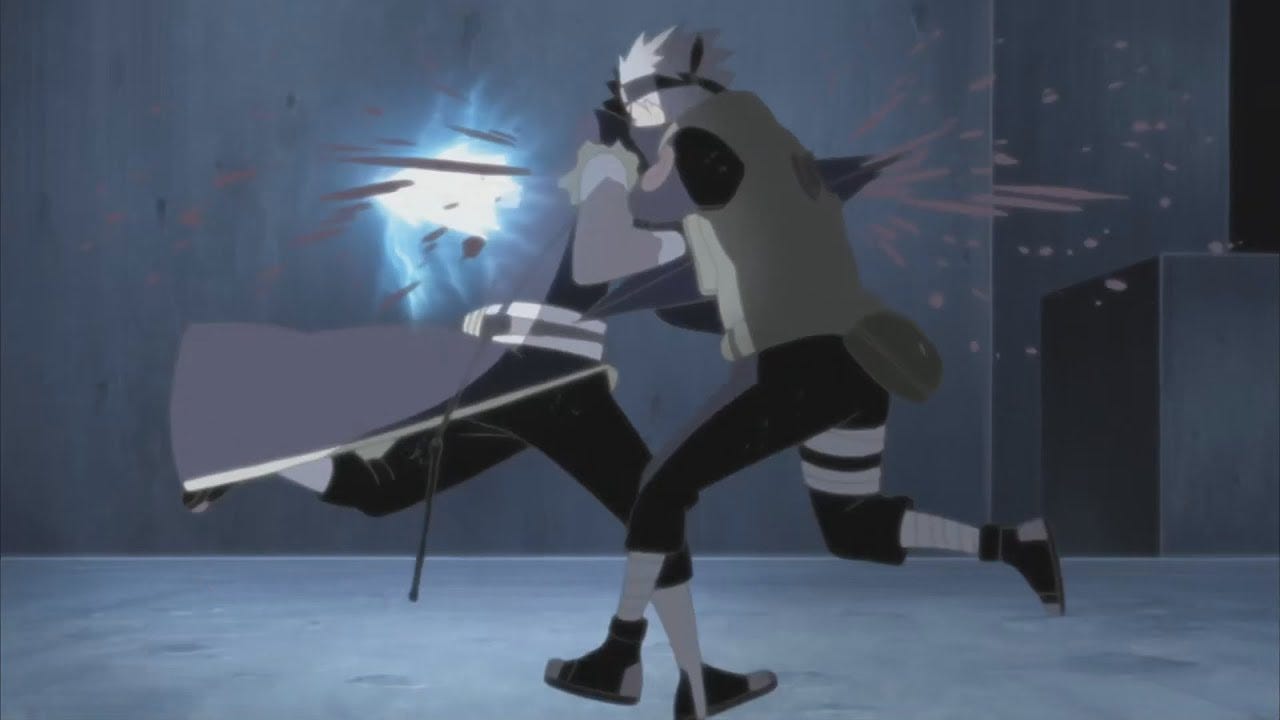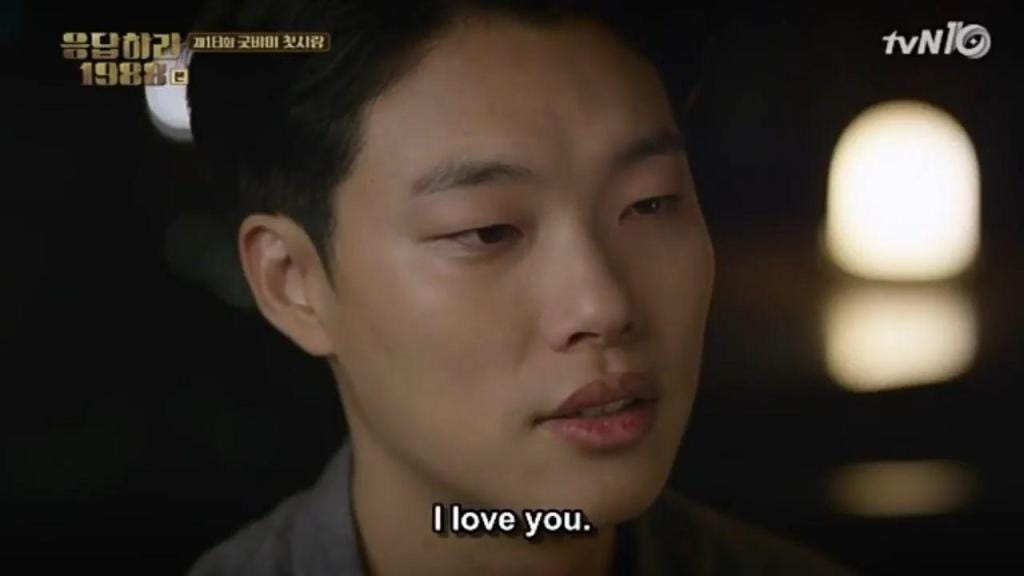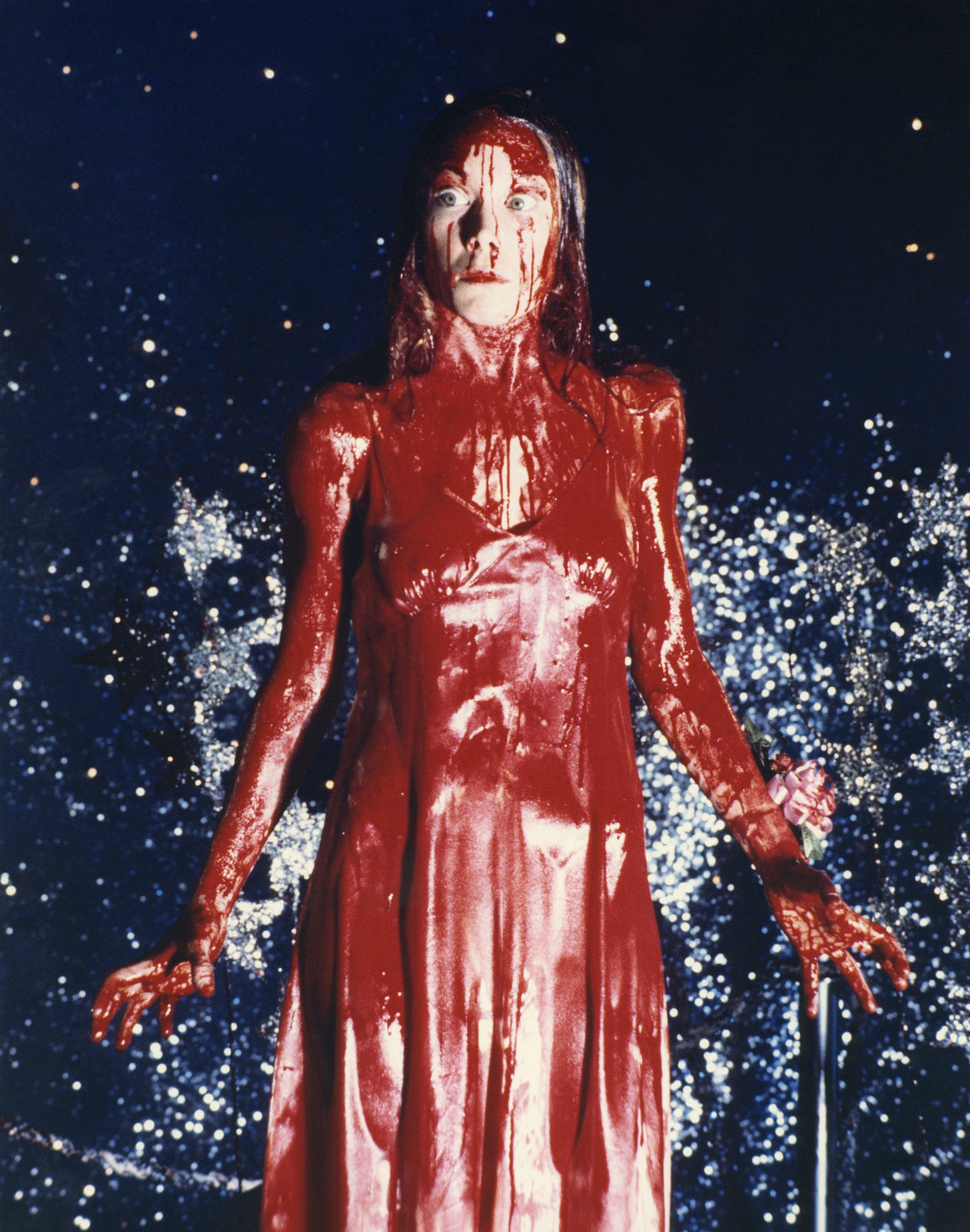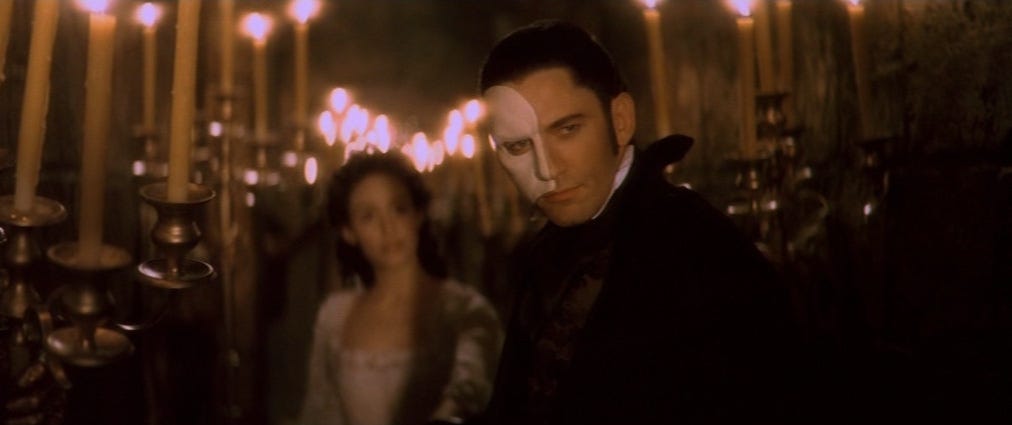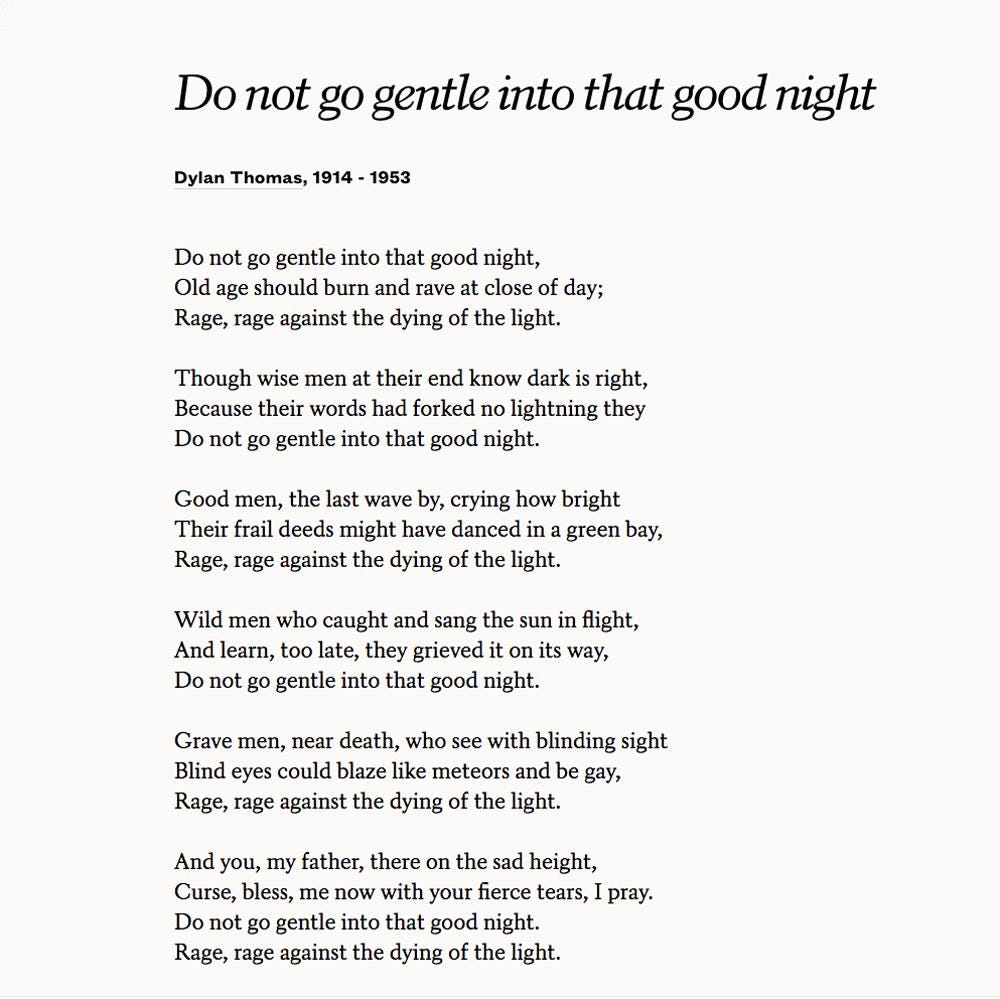book with me at @ranniazorya or by emailing me at ranniazorya@gmail.com. I offer basic birth chart overviews (you can choose the question), profection year consultations, solar returns, 3-month transit breakdowns (based on your chart), and tarot readings.
The Jawbone — First Decan of Scorpio, ruled by Mars.
Marked by Greco-Romans in Alexandria as: the days of the Nymphai.
The Story: The Nymphai are “natural spirits of sacred places like wells, springs, grottoes and groves — holy locations that belonged to nature rather than to mortals”. These sacred places were thus the home/body of the nymphs, and possessed “a particular kind of “spirit of place” or genia loci"". “For the ancient Greeks, these spirits were often depicted as beautiful and vivacious women”, often guarding ecologically rich fragile places requiring protection (specifically from humans).
Beyond guardianship, the Nymphai exhibited refined aggression in another realm: craftsmanship. Their knowledge and craft were unparalleled, so much that they were "assistants and co-workers of Hephaestus in his forge". Where Hephaestus made weapons, they made jewelry, robes — creative beautiful useful things. They showcased skills and "gift that we have all too often sought to claim by force and right, rather than by the slow accumulation of practice that leads from apprenticeship to intermediate skill, and from skillfulness to mastery."
Force is integral to the creation of beauty but considered too crass to acknowledge. When we think of the artist figure, why do we think of the frowning painter by the soft light of the window? Why not the one sweating under the sun coloring in a Nelson Paints mural or stunt-actor falling down 3 flights of stairs or the homemaker with palms hardened from cooking? Who does that invisibility serve?
The Nymphai’s patient work is a reminder against using brute force to compel artistic skill when it can only emerge slowly, after endless trials (and often, because of those trials). But it's also a reminder against not forgetting the force and violence it takes to usher beauty into the world. Mistakes can be martian flourishes enriching the work. It takes persistent ambition and grueling work to wrest something for yourself but even then, you have to respect limitations, especially those that govern your own capacity for receiving. If you ask for too much, you can lose it all.
Art is about accepting your own helplessness in this transaction. Art is about accepting powerlessness to build power.
Target profile: the scream-queen final girl
Hunter profile: the good-for-her girl
Bounty: the right to take down the social ideal with you
Mission: Death to the Good Victim
Over-focusing on the importance of harmony and peace to art oversimplifies the complexity of art. Mastery also requires the necessary and focused application of force: lifting the equipment, bandaging hands torn open from endless work, stoking the flame, drawing the saw through the wood, wielding the hammer and chisel to carve the stone. Art is an effort to master rage, and through it, violence and suffering.
This is the season of the first creeping frost. The jawbone is the jaw that grinds, that speaks of desire, that wills things into being. And now that they all tire of your screaming, I emerge from the soil to take my rightful place.
You have no idea how long I’ve waited in the sidelines, grimacing at how you allowed the world to be entertained by our suffering. Out of all of us, they let you live. People like me had to die to venerate flops like you because we would have gotten the job done too soon for the two-hour gratuitous violence runtime.
Gone are the days of the survivor being a pure chaste virgin. I heard all the bullshit ways they justified putting the scream queen at the center. Catharsis, they say and I retch. I’m not sure what’s worse: enjoying someone else’s helplessness or reliving your own. They only let horror relate to girlhood in the violence endured, the pathetic survival, the irrecoverable theft and the way it condemns you to the liminality of half-death forever. Let them find out how acquaintance with their cruelty whetted my appetite for brutality, how it expanded my imagination. I could not stop them from changing me until I was unrecognizable to myself but I can make them regret it for the rest of their lives.
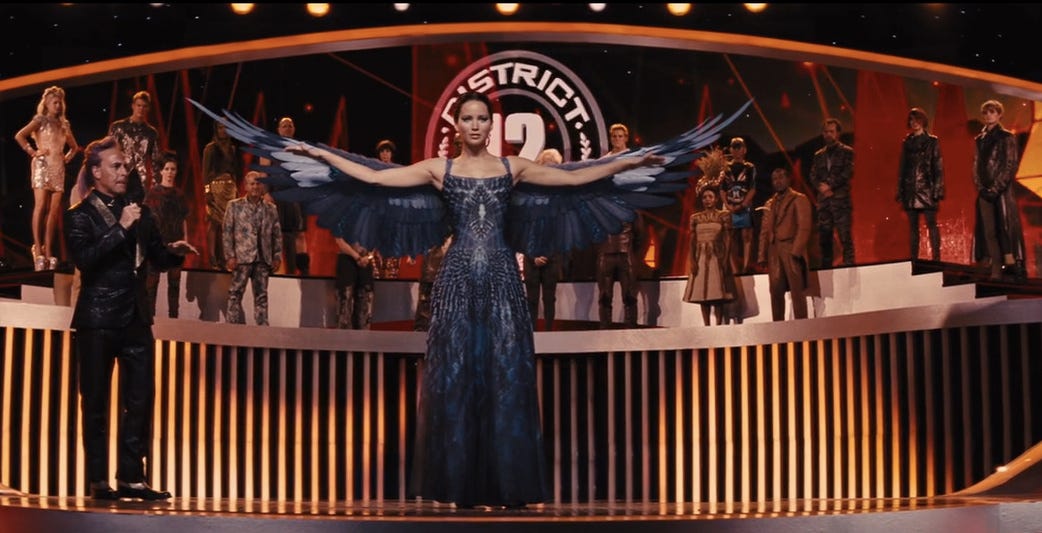
The Nymphai are rarely at the center of the popular myths. When they are, it’s a map of grief: Daphne fleeing Apollo, Thetis protecting Achilles only for him to die, Echo losing her voice and meeting Narcissus (I’m not sure what was worse), Calypso receiving Odysseus. From the valleys to the mountains, from the sea to the forests, what does it do to not have stories of your own, to be condemned to haunt the silence? To protect and defend a world where every space holds a memory of some harm. Horror is as much about setting as about story and people.
Who gets to be a victim and saved? And which of the victims rise up to save themselves? There’s so much in the world to be afraid of. I won’t let power be one of them.

I was unripe before but I know now the dangers of too eagerly coveting a skill that can only come with time and patience. If I must pay the price either way, I will exact one too. Is it not better to be devoured by the monster within to kill the monster without? If Scorpio is a place, it’s the place where everyone except Mars suffers. The Moon is in fall, Venus is in detriment; only Mars is in domicile and no one is welcome to exalt.
A kindness, really. Now everyone has an excuse to not know the devastation in beauty’s wake.
There can only be one. Like Mars, only the survivor knows the landscape. Everyone else falls away.
The Alchemical Apparatus for Double Distillation — Second Decan of Scorpio, ruled by the Sun.
Marked by Greco-Romans in Alexandria as: the days of Leto, mother of twins Apollo and Artemis.
The Story: Leto was a Titan pregnant with Apollo and Artemis by Zeus and for that, cursed by Hera to never find a birthing place anywhere on Earth. She ran from place to place in pain, hounded, unable to rest, until an oracle told her she would need to find somewhere that was both land and not.
Hera had forced other gods to take an oath that they wouldn’t help Leto or provide her with refuge in their own territories. It wasn’t until Zeus conjured Delos, a lonely floating godless island in the Aegean Sea, that Leto could finally give birth to the twins. Artemis came first; when it was Apollo’s turn, complications began in Leto’s labor. Hera held Eileithyia, the goddess of childbirth, in captivity so she couldn't respond to Leto's call for help. Newborn Artemis took over for the nine days and nine nights Apollo's labor lasted, becoming associated with childbirth and midwifery in the process.
After their births, the island was moored to the world by Poseidon through adamantine chains, becoming so holy that mortals weren’t permitted on it. Leto became a protector of the young after her the birth of her twins, who quickly became archers to protect her in turn, as well as a god of childbirth and childhood education. She raised powerful, disciplined children but I wonder at the cost. When Artemis became the midwife, I thought of the mother and daughter, the teacher-tyrant that purifies a student to the point of obliteration, erasing everything except the weapon.
Change is important but when you enact it on someone for your own ends, it can be violent. This decan is named after an apparatus "consisting of two sealed beakers over fires, with tubes connecting them to each other at top and side; the double alembics each produce refined and rarefied material, and then deliver their purified product into the heat of the other: thus the apparatus heats and distills two products simultaneously through the filtration and interaction of both substances together."
Wanted protection for: Madonna (good girl next door/damsel in distress/high-school sweetheart wife/fairy)
Bodyguard profile: Whore (mean girl/femme fatale/the Other Woman/witch)
Bounty: the resources to change how victims of violence are received in society
Mission: Cleanse By Fire
Here is my body, striving for endurance and perfection; when it is time — and it is always time — it becomes an alchemical apparatus receiving divine knowledge, pulling it down onto the earth. My body shield, my body battering ram, my body absorbing harm and becoming villain, becoming scourge, becoming plague so you can stay good and pure. When you offer to bring me into your light, I hiss at that offer and accuse you of contempt but truthfully, being good is terrifying. To live like you: to expect kindness from the world, to not be afraid of being knocked off your pedestal someday and devoured upon fall, to constantly put hope out into it and ask for safety instead of resigning yourself to only being a survivor of violence marked by the harm endured.
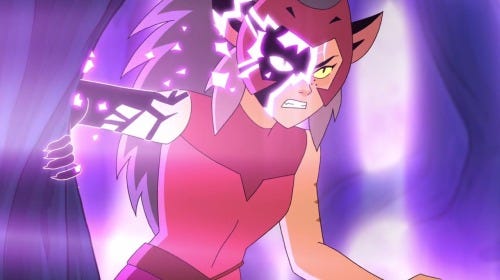
Part of me hates you for being able to do this so easily: to trust the world, to see that I can’t. I hate the memories binding us together and I hate watching them become secrets that divide us even more, hate this new world and how it necessitates unspoken betrayals, broken promises. We're haunted by the unsaid and I’m haunted by my inability to change that.
How do you reconcile with a world that exacted a cost to survive in the first place, that forced you to endure that horror, that put you through something that almost killed you? They made me feel like I’d sinned by surviving, by refusing to go peacefully into the night, when I was only determined to live, only furious at my right to life being questioned. I was the victim who fought and refused to die, who refused martyrdom, dared to be filled to imploding with rage at the injustice done to her, at the things denied, who is now collapsing under the grief of what was forcibly taken.
Here are the twins refining each other, balancing, two halves of a whole, working in an endless feedback loop, a divine flow-state, pushing and pulling, enthralled by the effortless attention and focus. In the space beyond ambition is this seamless meld but I feel like I can never again be part of anything other than me. My edges are too screaming raw.
I’ve forgotten how to make new things because I’ve forgotten how to receive. I’m afraid of gifting the world with another weapon it can hollow me out with, another joy it can thieve from me. Ask the sun and moon what it means to be when the other isn’t and they can’t answer; the twins have only ever had each other because the world turned on them.
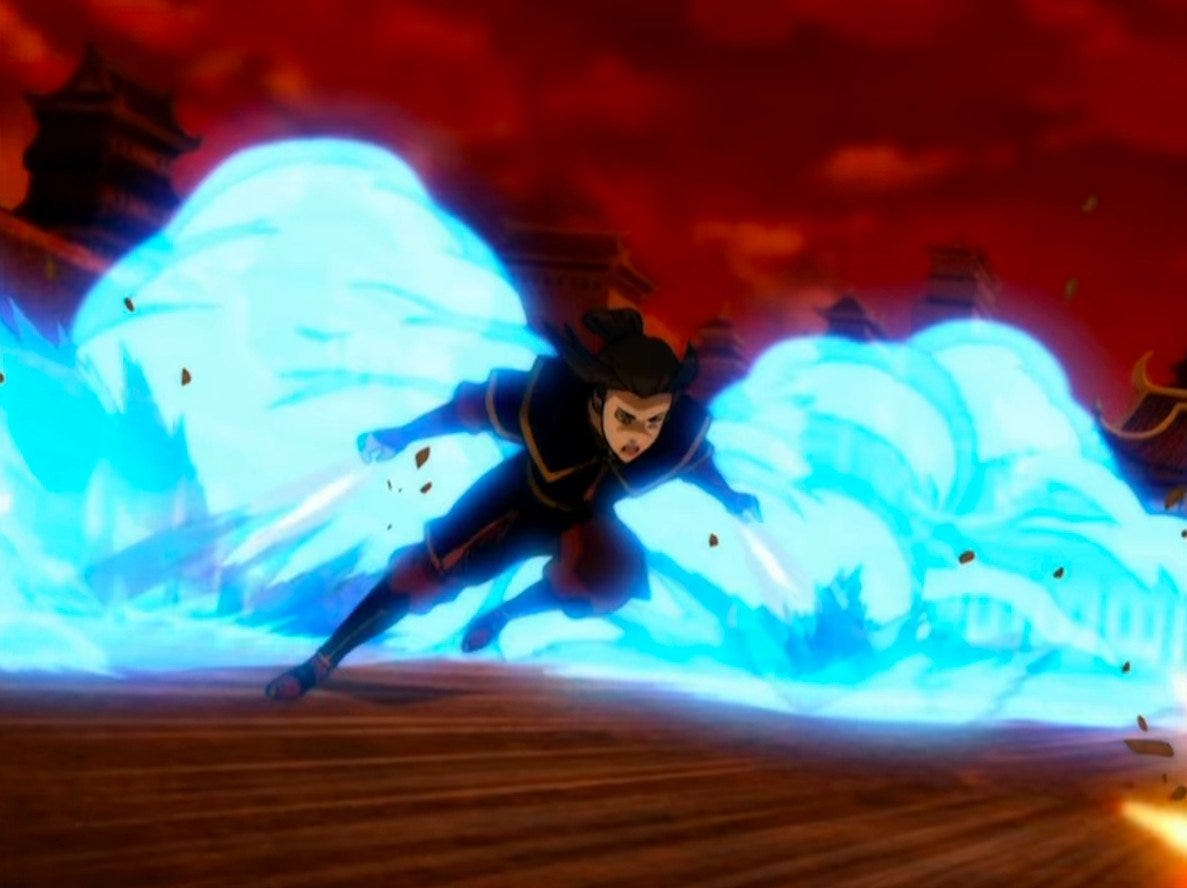
Ask me what I had to endure: the humiliation, the suffering, the loss, traveling through that liminal place of death and returning, the sheer grit and desperation it took to hold on when you and I could both see I wanted to let go. Tell me you wouldn’t also turn to revenge after survival tunneled your world to only loss.
Here are you and I, maker and the made changing each other, teacher and student, parent and child, predator and prey. Here, we work slowly, secretly and carefully to draw the hidden and divine out into only your hands, out into matter, steering the process even as it threatens to combust. Everything worth losing was brought into the world with a love beyond comprehension, a love that burns everything it touches to ash. So spare those of us who will raze everything left behind when our beloved is gone. There can’t be a gaping aching hole if we incinerate everything around it.
If I can’t have what I want, I will never accept another offering.
The Crow — Third Decan of Scorpio, ruled by Venus.
Marked by Greco-Romans in Alexandria as: the days of Kairos, god of opportunity and the right time.
The Story: Kairos is the god of the magical minute, that thing that is almost coincidence but not quite because you’re actively involved in it. He was often shown as an athletic youth with a forelock you had to grab as he rushed past, because opportunity can only be grabbed from the front. As the participant, you have to detect the right time to act, time determined not by clock but something as ancient as feeling. This detection is honed by repetition and comes as dance time (kicking to the beat), baking time (pulling it out at the right minute), gardener time (knowing when to plant for the best bloom). Kairos is opportunity — right place right time right person to jump into the music exactly when called for.
The decan is named after the white crow Apollo sent to fetch his forgotten golden goblet to a divine banquet. The crow successfully located the cup but found it so beautiful that it took it back to its own home. When Apollo found out, he snatched it back. In some stories, he burns the crow black for its crimes against him. In others, proximity to the cup alone torched the crow’s feathers. Beyond being a parable in covetousness and the questions of correct ownership, it is a window into desire as well, into the ways we want things that ultimately hurt us, especially when they’ve been denied or repressed to the point of mutation. As our desires change, they change us too.
We are what we want. We are what we deny wanting.

Target profile: the hero, the golden child.
Avenger profile: the anti-hero.
Bounty: a spell to finally be able to confront grief over death and loss, to seek solace in community when previous iterations of community have only rejected you
Mission: Revive Revenge Fantasies
There is only ever the unrelenting pressure for atonement and forgiveness. Where was this obsession with justice when I was the victim? No one stops to offer me compassion. No one thinks about what it does to you to have only your anger as self-defense, how it scars you to always be on fire so you can never be touched again without recoiling from the raw sting of it. See it in everyone’s hungry eyes: they want me to pay for striking back by dying or suffering in eternal torment. No one wants to think about how they’re responsible for this being my only option. Why is it not brave to defend yourself when everyone allowed you to suffer?

They only want me to be safe for them to be around, to believe and uphold their ideas of good and normal instead of letting me raze the old world to the ground. Their stability is more important than my catharsis, than my revenge, than my hurt. The villain is just the first victim, the casualty turned aggressor, the first to be failed by their relations instead of protected by them.
Why should I not covet what they have gotten so easily? They never had to prove they deserve beauty and kindness, even as they took and the Earth died slowly from that endless appetite. Instead, they turned around and framed my girlhood as life-giving, sustaining, nurturing, so they could force me into the position of giving without reprieve. They denied me weirdness, forbade ferality, said I could never understand the violence I had endured because I might be tempted to dish some out in exchange.
In film, they make unruly characters like me disabled and scarred, to warn others of the “ugly” consequences of disrupting order1. Look, they say, if you’re not beautiful and covetable, we won’t treat you well.
All this because they were afraid of a child. They wanted me to stay in the painting but I leapt out and finally let my hunger off its leash. I tore the meat off with my claws, sucked the marrow from their bones, flossed my teeth with their veins. Being awestruck by beauty is for the weak and I may be wretched but I am not weak. I let my greed and strategy drive me, to push me out of the passivity I almost accepted as my fate.
Here I am, magpie gathering all the shiny beautiful things, maybe gremlin hoarding them in a secret place for itself. Here is my covetous eye for both beauty and the envy it inspires (because what is beauty without the absence around it?), taking everything their obsession with exclusivity denied me. I will go where their distaste wouldn’t let them; I root in the muck and find the valuable grimy fossil, the disintegrating skull, and because I never had anything before, I protect each with my life.
This is the gift of greed. Spotting beautiful things is both Venusian skill and Kairos timing. They called my desires destructive, harmful, all-consuming, shameful, but they’re all gone so I’m free to delight in them, free to consume instead of to be consumed by the gaze and my own longing alike. Even as it burns, I draw it closer. I make a new world, where wishes repressed from shame, condemned to secrecy, emerge, powerful and deformed, demanding blood, amassing power so they can no longer be ignored.
“The “ugly laws,” a series of municipal laws generated in the late nineteenth century, were designed to limit the access of “unsightly” persons, defined as “[a]ny person who is diseased, maimed, mutilated or in any way deformed so as to be an unsightly or disgusting object,” to urban public spaces (p. 1). Although these laws have been entrenched within the cultural memory of the disability rights movement (as late as the 1970s, many city codes still had such laws on the books), it is surprising that no book-length treatment of the history of disability in the legal and cultural construction of the “unsightly beggar” has emerged. Susan Schweik’s The Ugly Laws: Disability in Public fills this gap in scholarship, not only by uncovering the untold story of the interaction of the ugly laws, urban space, and the body but also by productively reevaluating how a mythology of ugly laws has been claimed as part of a collective past by disability historians and activists. Unearthing a labyrinthine network of city streets, discourses of the ugly and unsightly, and the municipal laws attempting to contain the public movement of (ab)normal bodies, Schweik’s exhaustively researched text combines a dense and variegated archive with provocative theoretical work in disability studies, performativity, and aesthetics.”
This paragraph is written by Julie Passanante Elman (NYU) for H-Human-Rights (the piece and website is hyperlinked in the text itself so you can easily access it and read it). I recommend reading Schweik’s The Ugly Laws (the book reviewed) to understand how ugliness and disability were linked by our structures.
*
Additionally, the explanations for the decans’ deities come from Andrew B Watt’s blog, who relies on Austin Coppock’s 36 Faces. I’d cite Coppock directly if I could but the book is out of print, unavailable in libraries (as far as I can tell) and the one copy I can see is selling on E-Bay for $1000 (obviously out of my budget). Because of Watt’s own writing, it’s unclear how much of the summary is his own work and how much of the facts come from Coppock (who is also relying on historical sources to relay the factual details of the decans). Technically, Watt is my primary source but I rely mostly on just the technical imagery. Most of my analysis on what the imagery stands for is my own, and it is often an interpretation shared by other astrologers, such as Watt.
I’ve hyper-linked his entries so you can read them for yourself.
Author’s note:
As our systems fail to protect us and teach that harm is an individual responsibility, us marginalized groups try to use moral outrage to demand protection and safety. Within ourselves, we tell each other to fear; we shame each other to ensure survival. The bad decisions that we should be entitled to are now repulsive behaviors instead of silly mistakes, betraying something morally repugnant about how we navigate the world.
Take the example of a girl who won't block the guy who demeans her, even when her friends beg her to. They resort to shaming her to compel her. When we can't punish the actual problem, we turn on the victims instead. Because the friends know they can't contain the guy's radius of violence, they hound their friend instead with (gratuitous) stories of violence that trail like shadows as she makes the same decisions regardless, just with more dread. This is the limit of their power, their ability to keep her safe, within a system that will not let her live long enough to cringe about the silliness of giving a guy like that a chance.
The fear of cruelty terrifies us into being cruel ourselves. Better our hand that strikes than another's that might kill. And that's an optimistic reading. Some of us fearmonger for more nefarious purposes, like jealousy, resentment and control. We consciously or subconsciously want someone to lose opportunities and lose themselves to the same scarcity that consumes us. We want to not be alone in our despair so we drag others into the pit with us and tell them to make themselves at home.
Inflict violence to protect and strip innocence. Then infantilize them to control and delay their growth, their ability to change outside of these parameters of safety that are just a new variation of harm. Is this what being obsessed with staying alive is? Never living?
We advise and warn and taunt and criticize, the last resort of those who won't or can't be brave enough to actually stand with someone and risk their necks in the process. We may care but not enough to risk harm to protect someone else. Instead of working together to increase resources and power so our kids can dream the way we never could, we bind them to us in this half-life. And I understand because it's better to be alive than dead; you could die fighting for your kids and leave them even worse off.
When they’re children, we deny them the advantages of a childhood. And when they become adults, we delay their development and autonomy to restrict them. Being young shouldn't have been this costly. It shouldn't have come with a price. All we know about relating is just categories of violence: victim, bystander, perpetrator.
We discipline to ensure our convenience. When we raise our kids in violent communities, we teach them to fear closeness and intervention, to reject influence because it's only ever been manipulative. We show them that relation can only be the pursuit of a hierarchy where you can be the top dog for a change.
Too tired and under attack, we don't do the long exhausting work of caring but only ensnare each other like this. Because these systems claim to protect the weak and unaware, we say yes yes we're weak. We're unaware. We need protection because we don't know any better and because we know you won't actually force the perpetrators to change. So believe that we are helpless instead and help us stay alive. And we say it over and over until we forget this was supposed to be a strategic lie and we believe it about ourselves. We forget our strength. Our identity shrivels down to victimhood and those who show strength invite harm and attention to us all, so we beat them down to the impotence they should have always had.
My dad yells at my younger brother for using the expensive store bought milk because he'd rather his kid stop asking for things he can't provide than confess how helpless it makes him feel to not have enough. At some point, you don't even have enough to sacrifice to feed someone else.
I will end the newsletter with these 5 things that speak tenderly to Scorpio struggles:
An Across the Spiderverse trailer about care, parenting in a cruel world, releasing your child, protection and fighting to claim your place
the Naruto Shippuden Pain’s Assault arc from episodes 163-169 and 172-175 (particularly 174) that I think captures so much about overcoming Scorpio struggles. Pain’s hopelessness and lack of faith drove him to bring about peace through violence. He surrendered entirely to his suffering and it took Naruto’s unceasing self-restraint against his own rage and hatred to make him reconsider
Raven’s stand against Trigon and through him, against the darkness within herself that’s always haunted her
Ursula K. Le Guin’s Those Who Walk Away From the Omelas: a short story I would urge you to read
this poem:




